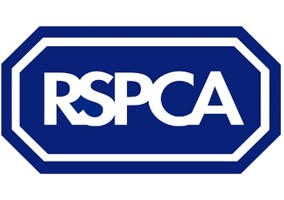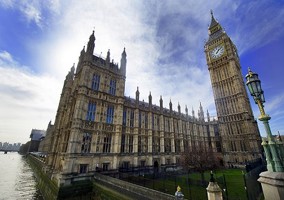Charity leaders have warned that the chancellor’s Job Support Scheme will do little to protect the sector from long-term financial damage.
The new package of support, announced in the House of Commons yesterday, includes measures to help employers pay the salaries of staff working part-time, in a bid to avoid the coronavirus pandemic causing mass unemployment.
The support will be available for six months from 1 November. It replaces the Coronavirus Job Retention Scheme, which has been used for hundreds of thousands of charity staff.
CFG: Scheme still means large costs for charities
In a blogpost responding to the new scheme, Richard Sagar, policy manager at the Charity Finance Group, said that charities still have unanswered questions about the scheme.
In particular, it is uncertain whether large charities in particular will qualify for support, Sagar said.
Under the scheme, wages will be subsidised for employees working a minimum of 33% of their usual hours.
For the hours not being worked, the government will pay one-third of the employee's wages, with the employer paying a further third. Employees will therefore receive at least 77% of their usual pay for the time they are not working.
As a result, however, charities would end up paying more than half the usual wages of someone only working a third of their usual hours.
Sagar said that charities may not choose to use the scheme, “as this is still quite a large cost for charities in very difficult financial circumstances and does not help to retain jobs in those areas severely affected by social distancing restrictions”.
He added: “There are additional requirements, with all small and medium-sized enterprises eligible, but with large businesses required to demonstrate that their business has been adversely affected by Covid-19.
“With no further definition of SME or large business, it is unclear if larger charities will be eligible, and what exactly qualifies as ‘adversely affected’ is also unclear.”
Sagar concluded: “It is sad to say that even with the Job Support Scheme, there will be significant job losses in the sector in the coming months.”
NCVO: Underlying financial situation remains challenging
Elizabeth Chamberlain, head of policy at NCVO, said: “The Job Support Scheme might help to keep some jobs in the charity sector, but the underlying financial picture continues to be an extremely challenging one.
“In a recession, people are less able to support the causes they care about, we know that charity shops are struggling, and many fundraising events simply cannot take place.
"Understandably previous levels of support couldn’t go on forever, so the scheme focuses on viable jobs and expects employers to contribute at a much high level than before. But what would really make a difference to charities, especially in the long term, is to see progress on releasing the various strands of funding that can help build sustainability and enable them to play a role in the future recovery phase from Covid-19.”
Loans extensions and VAT
Other parts of the chancellor’s announcement were greeted more warmly in the sector.
Stephen Muers, the interim chief executive of Big Society Capital, welcomed the decision to extend the deadline for charities and social enterprises to access Treasury-backed loans, something BSC and others called for last week.
Muers said: “We are delighted that the chancellor has thrown social enterprises and charities a lifeline and extended the Coronavirus Business Interruption Loan Scheme (CBILS) for all businesses until the end of November.
“For many charities, Covid-19 is an existential threat, hitting them simultaneously with both a surge in demand for their services and a dramatic drop in donations. Charities and social enterprises are currently struggling to survive and some face serious cash flow problems. Without this extension, we could have potentially seen up to one in 10 charities cease their operations before the end of the year.
“In the short term, this extension will provide social enterprises and charities with additional time to secure much-needed finance. We welcome the fact that the government is exploring a successor loan guarantee scheme."
CTG: Deferring VAT ‘could help many charities’
The Charity Tax Group said that the decision to make VAT repayment more flexible would help charities, but warned that more financial help was needed.
Richard Bray, vice-chair of CTG, said: “The staggering of the repayment dates for VAT deferred earlier this year could help many charities. But charities will need to opt-in to benefit.
“Many charities are facing horrendous financial pressures and additional targeted support for the charity sector is critical. We call on the Treasury to properly acknowledge this in the months to come.”
Related articles












